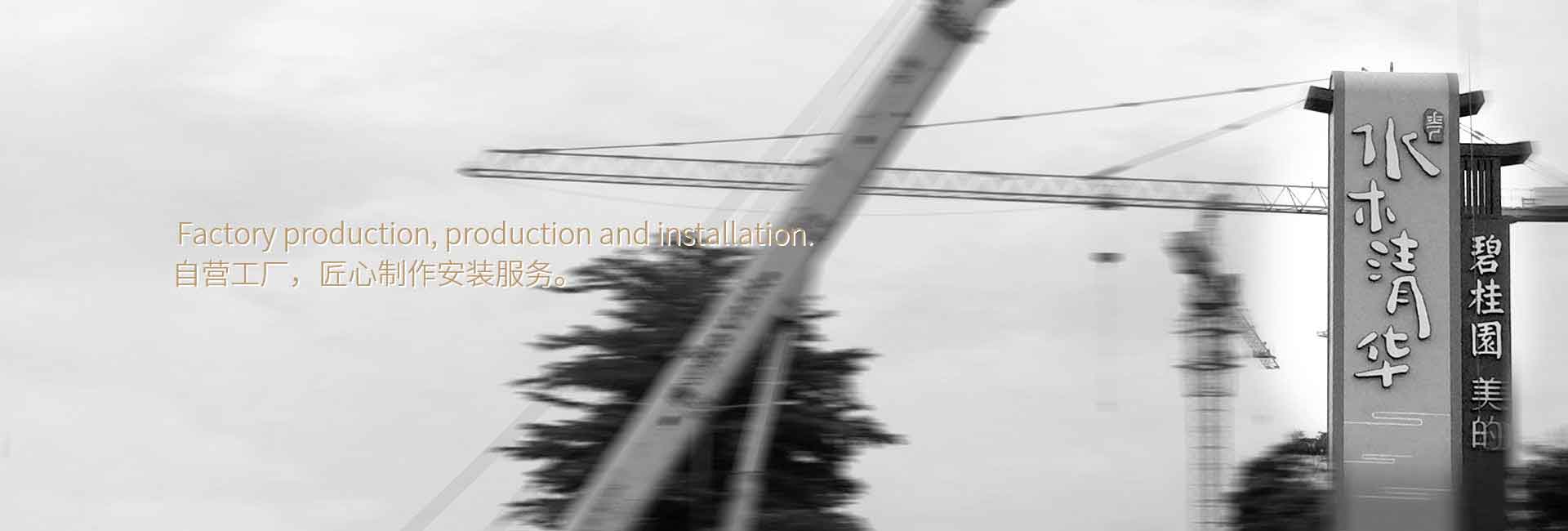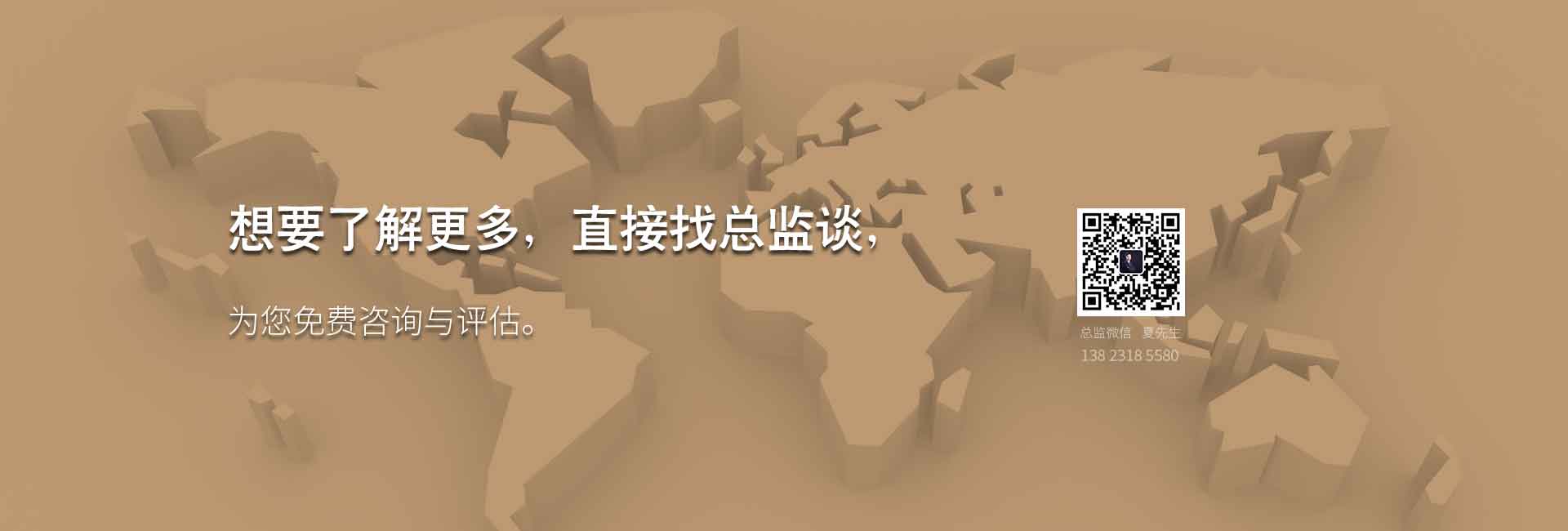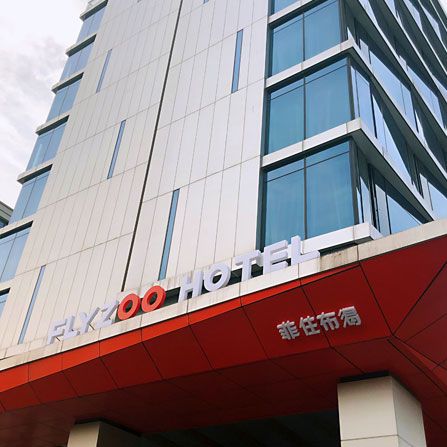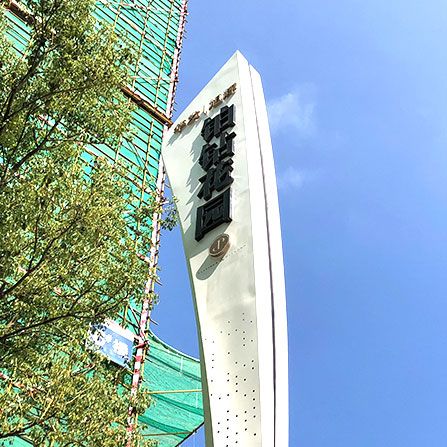酒店管理與酒店標(biāo)識(shí)設(shè)計(jì)2021進(jìn)入市場(chǎng)的戰(zhàn)略
酒店管理與酒店標(biāo)識(shí)設(shè)計(jì)2021進(jìn)入市場(chǎng)的戰(zhàn)略
當(dāng)市場(chǎng)達(dá)到成熟階段時(shí),它要有一批固定的供應(yīng)者、競(jìng)爭(zhēng)者、經(jīng)銷商和顧客。這批人形成了一個(gè)既得利益集團(tuán),他們力圖使市場(chǎng)形成一個(gè)封閉系統(tǒng),實(shí)行保護(hù),防止他人進(jìn)入。這個(gè)既得利益集團(tuán)往往可以得到政府立法部門、勞工組織、銀行及其他組織機(jī)構(gòu)的支持。他們會(huì)設(shè)立各種有形的和無(wú)形的壁壘來阻止他人進(jìn)入,如課稅、關(guān)稅、規(guī)定進(jìn)口限額和其他限制性條件等這種封閉型市場(chǎng)的例子是很多的。日本的大部分市場(chǎng)都是受到保護(hù)的。長(zhǎng)期以來,人們對(duì)此怨聲載道。外國(guó)公司在進(jìn)入日本市場(chǎng)時(shí),不僅會(huì)遇到高關(guān)稅,而且在聘用良好的日本經(jīng)銷人和商人也難以簽約。甚至當(dāng)外國(guó)公司提供優(yōu)質(zhì)產(chǎn)品和優(yōu)惠價(jià)格時(shí)也是如此。例如,摩托羅拉公司為向日本銷售電訊設(shè)備作了多年的努力,最后終于獲得成功,其方法是通過華盛頓當(dāng)局對(duì)日本施加壓力,并且對(duì)電訊設(shè)備進(jìn)行了重新設(shè)計(jì),以適應(yīng)日本方面的嚴(yán)格要求。
當(dāng)然,打進(jìn)新市場(chǎng)方面遇到困難的酒店標(biāo)識(shí)設(shè)計(jì)公司并非就是封閉型市場(chǎng)的受害者。問題可能是公司的產(chǎn)品質(zhì)量低劣、定價(jià)過高、財(cái)務(wù)上的困難、不愿意支付其他公司都繳納的稅款或關(guān)稅,也可能是碰到了一個(gè)受到合法專利保護(hù)的市場(chǎng)。所謂封閉型市場(chǎng)是指:在這種市場(chǎng)上,已經(jīng)存在的參與者和批準(zhǔn)者設(shè)置種種障礙,而使得那些能夠提供類似產(chǎn)品的、甚至能提供更好的產(chǎn)品和服務(wù)的公司難以進(jìn)入,無(wú)法經(jīng)營(yíng)業(yè)務(wù)。阻止進(jìn)入的壁壘包括歧視性法律規(guī)定、政治上的偏袒、卡特爾的壟斷協(xié)定、社會(huì)偏見或者文化偏見、不友好的分銷渠道,以及拒絕合作的態(tài)度。這些壁壘造成了種種困難,這是全方位市場(chǎng)營(yíng)銷必須加以克服的。
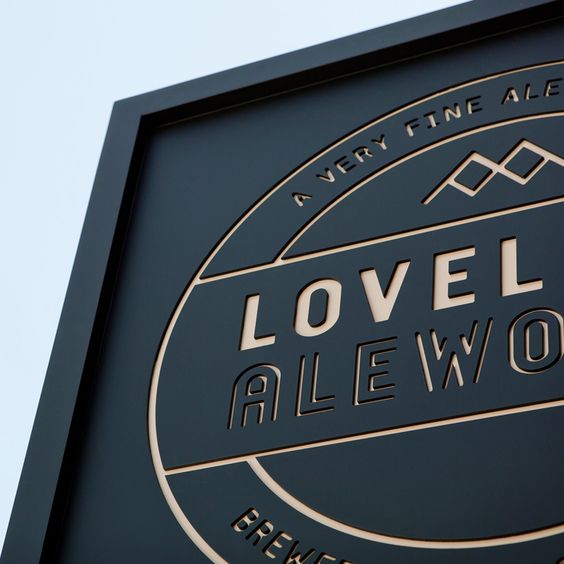
公司怎樣打入封閉型市場(chǎng)呢?通常有兩種方法,一種是容易的,一種是困難的。采取容易的方法時(shí)要作出許多讓步。以致使公司在進(jìn)入市場(chǎng)后幾乎無(wú)利可圖。最近日本在土耳其贏得份令人垂涎的建橋合同:架設(shè)一座橫跨博斯普魯斯海峽、長(zhǎng)達(dá)3576英尺的吊橋。日本的酒店標(biāo)識(shí)設(shè)計(jì)投標(biāo)叫價(jià)非常低,使得競(jìng)爭(zhēng)對(duì)手和土耳其人都大吃一驚,競(jìng)爭(zhēng)對(duì)手們都抱怨這種競(jìng)爭(zhēng)不公平。克利夫蘭橋梁工程公司經(jīng)理抱怨說:“如果日本對(duì)土耳其人說我們將送給你們這座橋梁’,可能(對(duì)日本人來說)會(huì)更便宜一些。”采取困難的方法時(shí)采取困難的方法時(shí)必須制訂一套打進(jìn)市場(chǎng)的戰(zhàn)必須制訂一套打進(jìn)略。完成這一任務(wù)需要具有特殊的技巧,對(duì)于只市場(chǎng)的戰(zhàn)略。經(jīng)過一般性培訓(xùn)并取得一般性經(jīng)驗(yàn)的大多數(shù)營(yíng)銷人員來說,這些特殊技巧往往并不具備。
通常的酒店管理市場(chǎng)營(yíng)銷情況下對(duì)某一產(chǎn)品來說,市場(chǎng)已經(jīng)存在。消費(fèi)者了解這種產(chǎn)品,只是在不同酒店管理品牌和不同供應(yīng)商之間做選擇。進(jìn)入市場(chǎng)的公司要明確目標(biāo)需求或者消費(fèi)者群,設(shè)計(jì)適當(dāng)?shù)漠a(chǎn)品,建立分銷網(wǎng)絡(luò),并要制訂市場(chǎng)營(yíng)銷信息傳遞方案。與此不同,特大市場(chǎng)營(yíng)銷者所面臨的首要問題是如何打進(jìn)市場(chǎng)。如果產(chǎn)品是新產(chǎn)品,他們還必須通過宣傳教育啟發(fā)消費(fèi)者新的需求和改變消費(fèi)習(xí)慣。這就要比單純地滿足現(xiàn)有的需求具備更多的技能,花費(fèi)更多時(shí)間。
Hotel management and hotel logo design strategy to enter the market in 2021
When the market reaches a mature stage, it must have a fixed number of suppliers, competitors, distributors and customers. This group of people formed a vested interest group, and they tried to make the market form a closed system to protect and prevent others from entering. This vested interest group can often get support from government legislative departments, labor organizations, banks, and other organizations. They will set up various tangible and intangible barriers to prevent others from entering. There are many examples of closed markets such as taxes, tariffs, imposing import quotas and other restrictive conditions. Most of the Japanese market is protected. People have complained about this for a long time. When foreign companies enter the Japanese market, they will not only encounter high tariffs, but also have difficulty in hiring good Japanese distributors and merchants to sign contracts. This is even true when foreign companies provide quality products and preferential prices. For example, Motorola has made many years of efforts to sell telecommunications equipment to Japan, and finally succeeded. The method was to put pressure on Japan through Washington authorities and redesign telecommunications equipment to meet the strict requirements of Japan.
Of course, hotel logo design companies that have difficulties entering new markets are not victims of closed markets. The problem may be that the company's products are of poor quality, overpriced, financial difficulties, unwilling to pay taxes or duties paid by other companies, or it may be that it has encountered a market protected by legal patents. The so-called closed market refers to: in this kind of market, existing participants and approvers set up various obstacles, making it difficult for companies that can provide similar products or even better products and services to enter and cannot operate. business. The barriers to entry include discriminatory legal regulations, political favoritism, cartel monopoly agreements, social or cultural prejudice, unfriendly distribution channels, and attitudes that refuse to cooperate. These barriers have caused various difficulties, which must be overcome by all-round marketing.
How can a company enter a closed market? There are usually two methods, one is easy and the other is difficult. There are many concessions to be made when the easy method is adopted. As a result, the company is almost unprofitable after entering the market. Japan recently won a coveted bridge construction contract in Turkey: erecting a 3576-foot suspension bridge across the Bosphorus. Japanese hotel logo design bids are very low, which surprised competitors and Turks alike. Competitors complained that the competition was unfair. The manager of Cleveland Bridge Engineering Company complained: "If Japan tells the Turks we will give you this bridge,' it may be cheaper (for the Japanese)." It is necessary to take difficult methods when taking difficult methods. To formulate a strategy to enter the market, we must formulate a strategy. To accomplish this task requires special skills for market-only strategies. For most marketers who have received general training and general experience, these special skills are often not available.
For a certain product in the usual hotel management marketing situation, the market already exists. When consumers understand this product, they just choose between different hotel management brands and different suppliers. Companies entering the market must clarify target needs or consumer groups, design appropriate products, establish distribution networks, and formulate marketing information delivery plans. Different from this, the primary problem faced by mega marketers is how to enter the market. If the product is a new product, they must also inspire new consumer demands and change consumption habits through publicity and education. This requires more skills and more time than simply meeting existing needs.

人和時(shí)代設(shè)計(jì)
品牌設(shè)計(jì)、VI設(shè)計(jì)、標(biāo)識(shí)設(shè)計(jì)公司
品牌百科
Brand Encyclopedia
酒店管理百科
Hotel Management Encyclopedia
優(yōu)化設(shè)計(jì)官網(wǎng)-酒店優(yōu)化品牌vi設(shè)計(jì)官網(wǎng)2024/04/15
杭州vi設(shè)計(jì)公司-酒店杭州vi品牌vi設(shè)計(jì)公司2024/04/15
客房裝修設(shè)計(jì)效果圖-酒店客房裝修品牌vi設(shè)計(jì)效果圖2024/04/15
廣州展廳設(shè)計(jì)裝修-酒店廣州展廳品牌vi設(shè)計(jì)裝修2024/04/15
廣州展臺(tái)設(shè)計(jì)搭建-酒店廣州展臺(tái)品牌vi設(shè)計(jì)搭建2024/04/15
海報(bào)設(shè)計(jì)網(wǎng)-酒店海報(bào)品牌vi設(shè)計(jì)網(wǎng)2024/04/15
加速度教學(xué)設(shè)計(jì)-酒店加速度教學(xué)品牌vi設(shè)計(jì)2024/04/15
一層自建房設(shè)計(jì)圖大全-酒店一層自建房品牌vi設(shè)計(jì)圖大全2024/04/15
蜀道難教學(xué)設(shè)計(jì)-酒店蜀道難教學(xué)品牌vi設(shè)計(jì)2024/04/15


